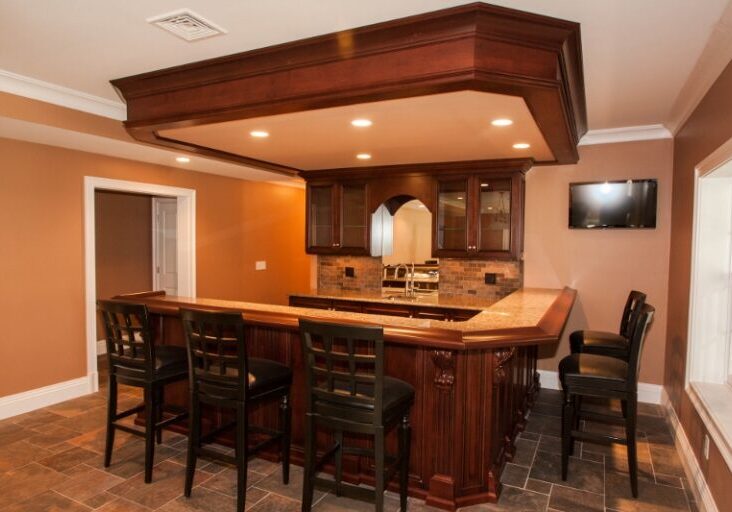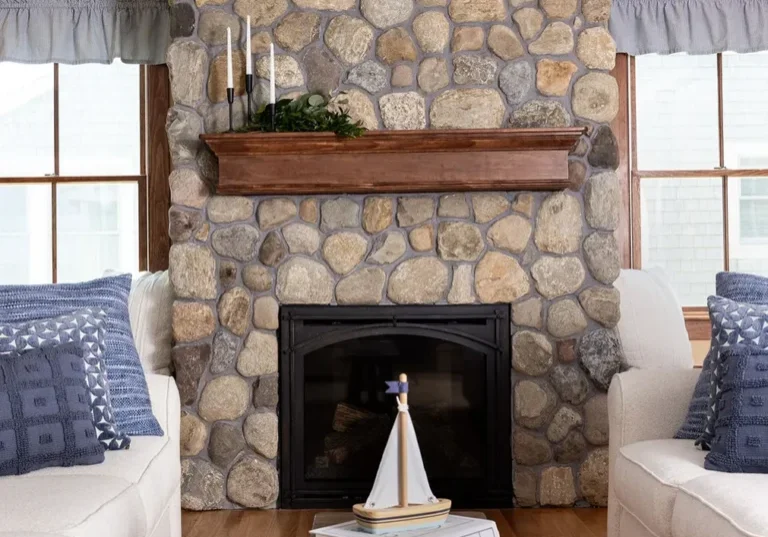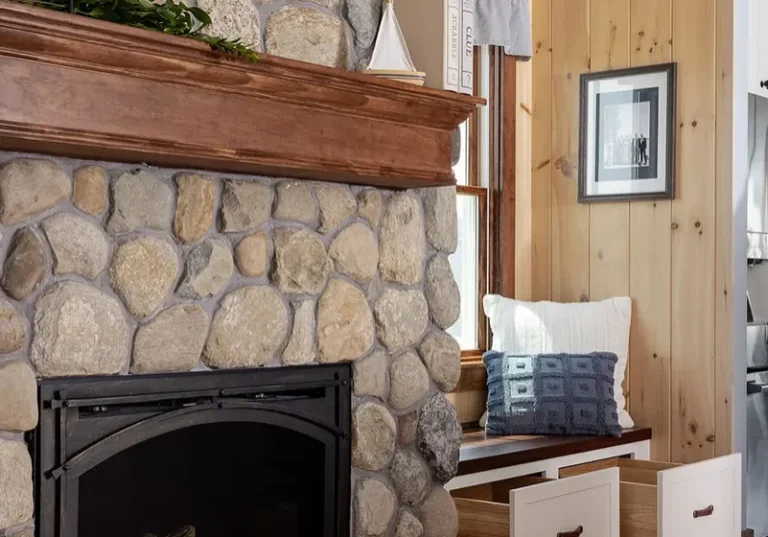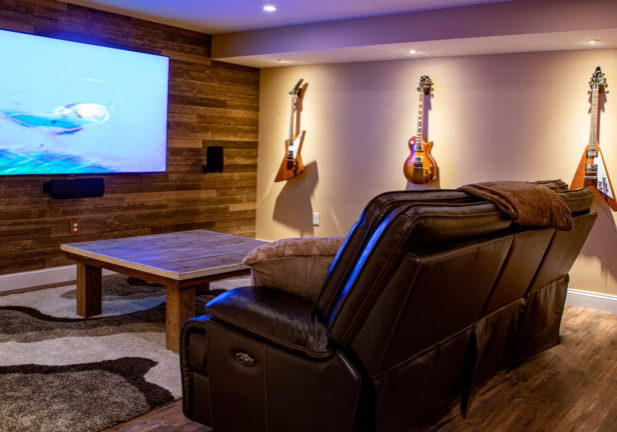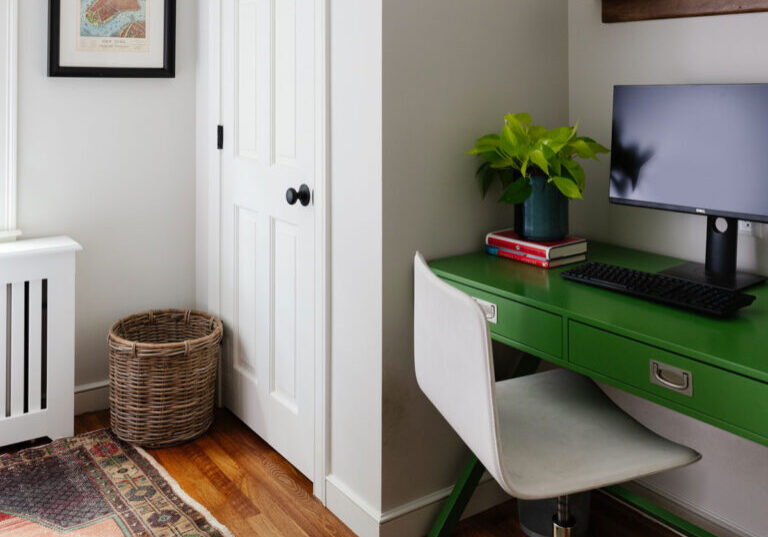Is Your Basement Ceiling High Enough for a Finished Space in Massachusetts?
A common question among homeowners considering basement renovations in Massachusetts is whether their ceiling height is sufficient for a comfortable finished space. A low ceiling can impact the overall feel and usability of a basement.
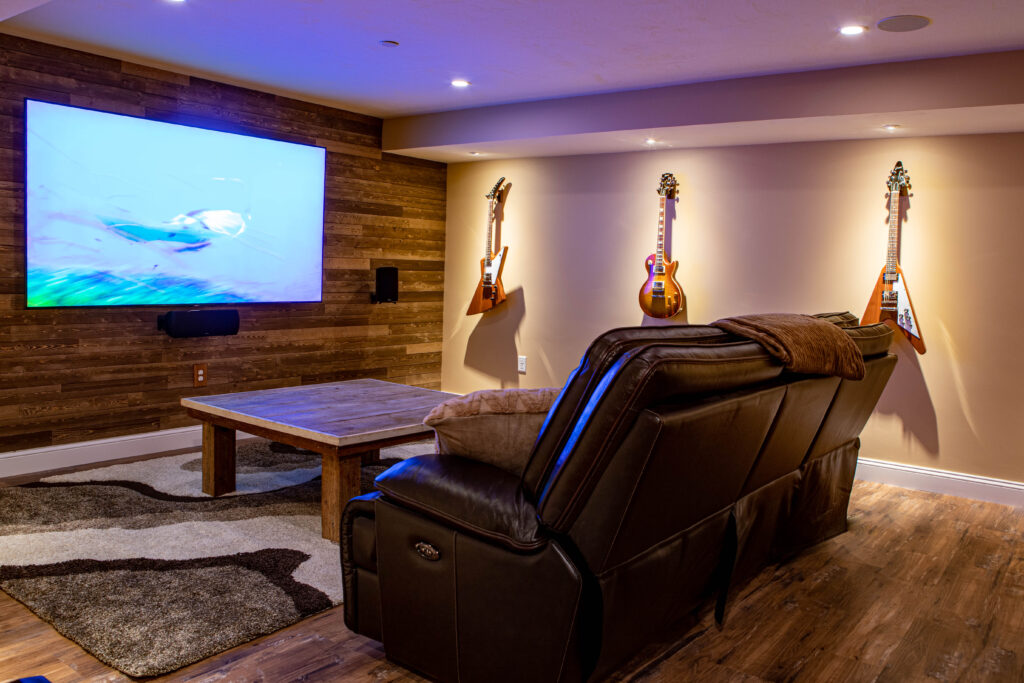
In Massachusetts here are some requirements to be aware of:
Minimum Ceiling Height Requirements:
- For habitable spaces: All habitable spaces, like bedrooms, living rooms, and kitchens, need a minimum height of 7 feet.
- For non-habitable spaces: Non-habitable spaces, such as storage areas, utility rooms, and bathrooms, require a minimum height of 6.5 feet.
Keep in mind that these are minimum requirements, and your towns codes may have additional restrictions.
Factors to Consider:
- Existing ceiling height: First, measure the height of your ceiling at its lowest point.
- Next, Ceiling beams and joists: if you have exposed beams or joists, these can reduce the usable height.
- Additionally, Lighting fixtures: consider the height of any existing lighting fixtures, as they can impact the perceived height of the room.
- Finally, HVAC ducts: if your HVAC ducts are located near the ceiling, they can also reduce the available height.
If your basement ceiling is below the recommended height, there are several options to consider:
- Raise the ceiling: Remove the old ceiling, install a new one higher. Major project, costly, disruptive.
- Lower the floor: High ceiling, unused space? Lower the floor for better height.
- Partial basement: Ceiling or floor too high? Consider a partial basement.
If you’re unsure whether your basement ceiling is high enough for a finished space, our team can help you assess your basement, and our design team can help design the perfect space for your family.

